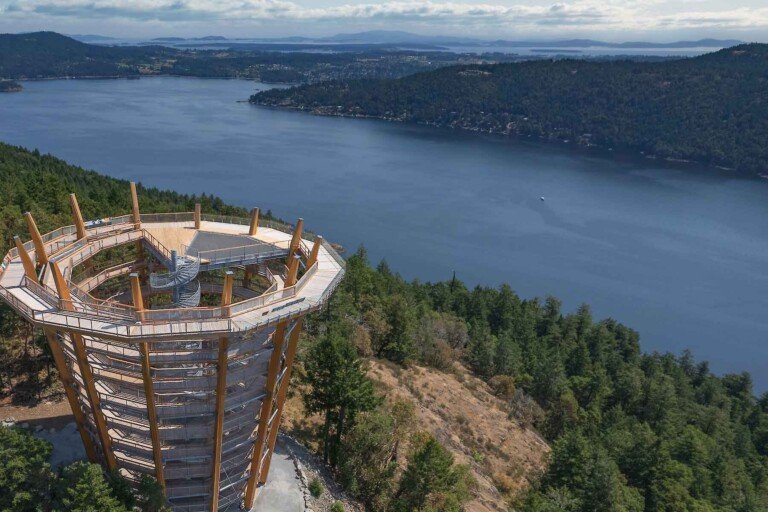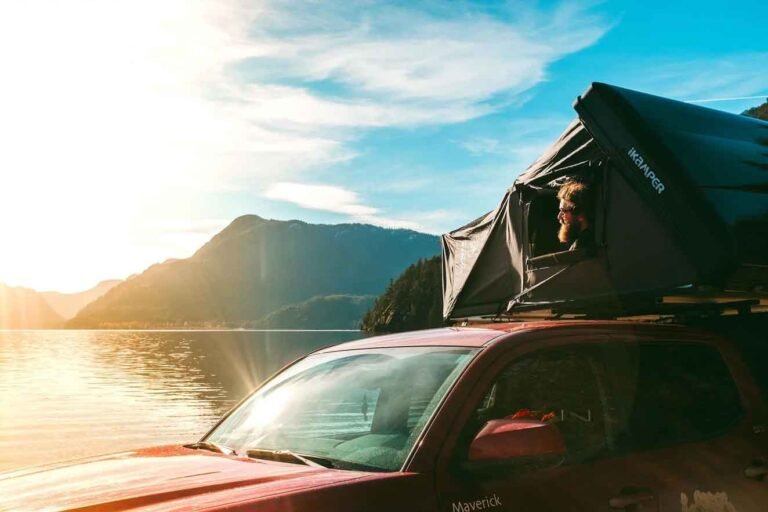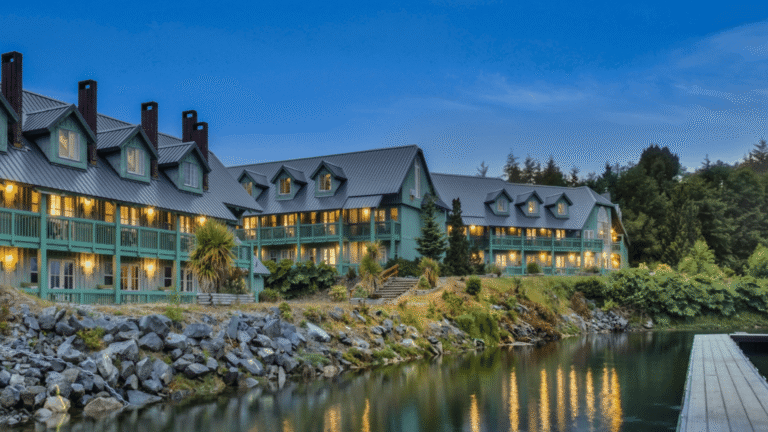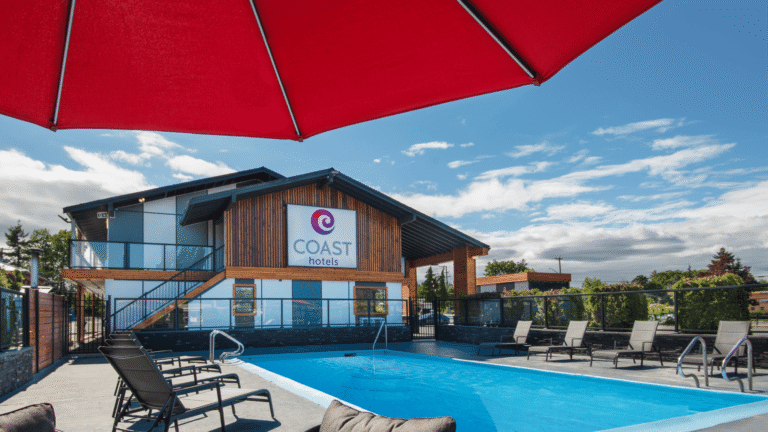When people think of the Rocky Mountains in Canada, they usually think of Banff and Jasper National Parks on the Alberta side of the British Columbia-Alberta border. It doesn’t register that a major portion of the Rocky Mountains spill across the Alberta border, cutting a vast swath across the northern half of British Columbia. The Rocky Mountains and their foothills dominate the Northeast, comprising roughly 8 million hectares (20 million acres).
There are no roads that cross the range north of Pine Pass (between Mackenzie and Chetwynd) until the Yukon border. The Northern Rocky Mountains are the largest roadless landscape south of the 60th parallel, as well as one of the richest and most varied intact large wildlife ecosystems remaining in North America. The area’s wildlife population is so prolific that this portion of the Northern Rockies has been dubbed the Serengeti of North America.
It is almost impossible not to observe wildlife as you travel through the Northeast. The area’s spectacular wildlife fauna consists of eight species of wild ungulates, namely Stone sheep, mountain goats, bison, moose, elk, caribou, and white-tailed and mule deer; plus at least seven species of large and medium-size carnivores including wolves, coyotes, foxes, grizzly bears, black bears, lynx, and wolverines. Deer, moose, bears, and elk frequent clearings alongside roads, foraging for food.
In some areas, salt licks have been placed near the road to attract ungulates. Be careful when driving these roads, especially at night; if you were to hit a moose, chances are good that your vehicle would come out of the encounter in worse shape than the moose. Honest.
The Muskwa-Kechika Management Area is 6.4 million hectares (15.8 million acres) in size, and comprises 50 intact watersheds. The Big E, as it’s known (E is for Environment), is the largest of its kind in British Columbia. The Muskwa-Kechika wilderness consists of three major components: the Northern Rocky Mountains and associated foothills, the Rocky Mountain Trench, and the Cassiar Mountains. Muskwa is the Cree Indian word for black bear.
Few places in the world can match the significance of the Muskwa-Kechika (pronounced musk-quah ke-chee-kah) Management Area, where the extensive boreal plains and muskeg of the east meet the mountains to the west. Rich in untouched beauty, natural resources and abundant animal life, the Muskwa-Kechika remains one of North America’s last true wilderness spots south of the 60th parallel.
More than 1 million hectares (2.5 million acres) are permanently protected by the Muskwa-Kechika Management Area. For outdoor enthusiasts willing to make the long journey into the Northeast, the parks run a gamut from the mammoth Northern Rocky Mountains Provincial Park (665,709 hectares / 1,65 million acres) to the diminutive 185-hectare (457-acre) Prophet River Hotsprings Provincial Park. Parks in the Muskwa-Kechika Management Area include the following:
Denetiah Provincial Park
Finlay-Russel Provincial Park and Protected Area
Graham-Laurier Provincial Park
Kakwa Provincial Park and Protected Area
Liard River Hot Springs Provincial Park
Muncho Lake Provincial Park
Northern Rocky Mountains Provincial Park
Prophet River Hotsprings Provincial Park
Prophet River Wayside Provincial Park
Stone Mountain Provincial Park
This is a predator-prey ecosystem that doesn’t have to be fixed, because it isn’t broken, and is being maintained as inaccessible. Under a plan put forward by a coalition of interest groups, including such diverse partners as trappers, miners, oil companies, and a host of conservation groups, roads can be put in on a temporary basis, then taken out when no longer needed.
Hum a few bars of Home on the Range to get yourself in the mood. In the 21st century, this may be one of the few places on earth where large mammals and their predators continue to survive and evolve.
The Muskwa-Kechika Management Area is located in Northern British Columbia. Access to the protected area is from the Alaska Highway 97, between Fort St. John and the British Columbia-Yukon border. Motor vehicle travel is limited to specific routes within the Muskwa-Kechika.
Nearby Regions & Towns
- Alaska Highway 97
- Fort St. John
- Hudsons Hope
- Pink Mountain
- Fort Nelson
- Toad River
- Muncho Lake
- Liard River
- Taylor
Park Notices






